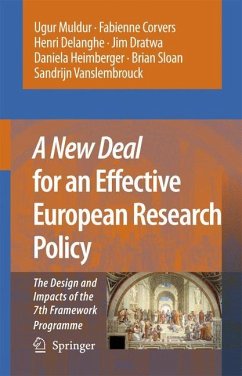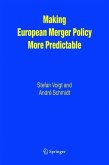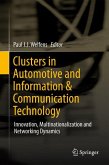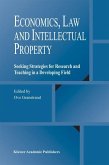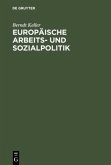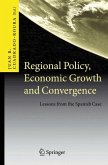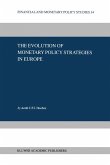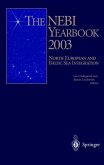More than a century ago Louis Pasteur observed that "Science knows no country, because knowledge belongs to humanity, and is the torch which illuminates the world". His remark has all the more resonance today with the increasing globa- sation of science, technology, and commerce. But it also underlines an important truth: that science has always advanced most rapidly when it is a collective endeavour, with a strong circulation of knowledge. When it comes to forging cooperation in research, Europe has an impressive track record. This year, the European Union's Framework Programme for Research and Technological Development celebrates its 20th birthday. It is the world's largest programme in support of transnational research, promoting cooperation, coor- nation, and mobility across borders. The year 2007 will see the launch of the 7th Framework Programme, the biggest and most ambitious so far. This book will show how the new Framework Programme was put together and explain why it took the shape it did. It will also set out its potential impacts and the conditions necessary for it to be a success. In the challenging new global economy, knowledge is Europe's most valuable resource, and I am convinced that, with its unprecedented scale and scope, the 7th Framework Programme is the right strategy for a Europe that wants to progress towards a knowledge-based economy. However, the Framework Programme is only a very modest part of total public R&D spending in Europe, the bulk of which is carried out by national governments.
Bitte wählen Sie Ihr Anliegen aus.
Rechnungen
Retourenschein anfordern
Bestellstatus
Storno

